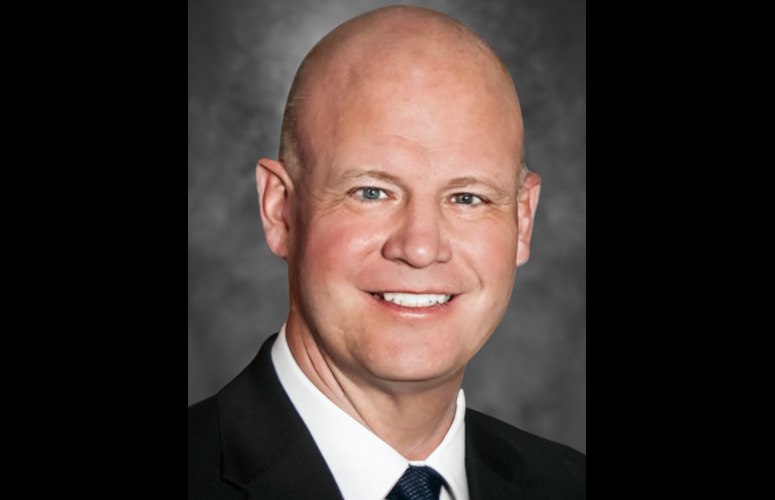- Leaders In Health
- Posts
- Weekly Recap - August 9th
Weekly Recap - August 9th
The latest healthcare leadership searches, hires, and news.

"Leadership is the capacity to translate vision into reality"
In today’s edition:
Discover the latest leadership searches, moves, and hires from leading organizations, including Phoebe Putnam Health System (Albany, Georgia), Daviess Community Hospital (Washington, Indiana), VCU Health System (Richmond, Virginia), ChristianaCare (Newark, Delaware), Maine Behavioral Healthcare (South Portland, Maine), and many more.
FEATURED OPPORTUNITIES
 | Director of Emergency Services |
 | Vice President, Perioperative Services |
 | Director, CT Surgery |
 | Vice President of Medical Affairs |
 | Director, Practice Operations |
 | Director of Marketing & Communications |
 | Associate Chief Financial Officer, Vice President |
 | Chief Operating Officer, Population Health |
 | Vice President, Hospitality & Facilities |
 | VP, Operations |
EXECUTIVE MOVES AND HEADLINES
FOR EMPLOYERS
Hiring Healthcare Leaders?
We can help boost your search, generate referrals, and uncover passive candidates. Click below to learn more and submit a job.
BONUS:
AI in Healthcare: Adapting to the Future with Thoughtful Integration
In a recent webinar hosted by Avasure, industry leaders discussed the evolving role of AI in healthcare. Julie Smith, Director of Corporate Accounts for Avasure, led the conversation with Aaron Meyer, SVP and Chief Digital and Information Officer at Baptist Health, and Elizabeth Gunn, VP of Patient Services. The discussion highlighted the importance of integrating AI into healthcare systems thoughtfully and responsibly, ensuring that the technology enhances rather than replaces human care.
Key Insights:
Cultural Readiness and Incremental Integration: Elizabeth Gunn emphasized that introducing AI into healthcare should be a gradual process. It’s crucial to select AI applications that are affordable, widely adopted, and enhance existing workflows. For example, AI-driven alerts for vital signs and lab values can assist nurses in catching early signs of patient deterioration without replacing the essential human element in caregiving.
The Role of AI in Enhancing Care: Both speakers noted that AI in healthcare is about augmentation, not replacement. AI can help manage the growing demand for healthcare services amidst a shrinking workforce by automating routine tasks and providing data-driven insights. This allows healthcare professionals to focus on more complex and patient-centered aspects of care.
Ethical Considerations and Trust: Aaron Meyer stressed the importance of using AI responsibly, ensuring transparency, and maintaining patient trust. He highlighted the need for clean, unbiased data and the importance of educating both healthcare staff and patients about the role of AI. He also shared examples where AI has been used to improve patient outcomes, such as in the early detection of sepsis and the identification of potential human trafficking victims.
Collaborative Approach to AI Implementation: The conversation underscored the importance of collaboration between IT and clinical teams in adopting AI. Elizabeth Gunn shared how involving clinicians from the outset ensures that AI solutions are designed to support, not disrupt, clinical workflows. This partnership is crucial for the successful integration of AI into healthcare practices.
Regulatory and Policy Considerations: The webinar also touched on the evolving regulatory landscape surrounding AI in healthcare. Aaron Meyer discussed the importance of complying with both federal and state regulations, emphasizing the need for healthcare providers to stay informed and involved in shaping these policies to ensure they protect patient privacy and promote ethical AI use.
As AI continues to evolve, healthcare organizations must focus on integrating these technologies in ways that enhance patient care, support healthcare workers, and uphold ethical standards. The insights from this webinar provide a roadmap for how healthcare leaders can approach AI adoption thoughtfully and strategically.
You can watch the complete webinar on YouTube.
Thanks for reading. If you enjoyed this newsletter, please consider inviting your network to subscribe and join our growing community.
– Joe Burke, Leaders In Health






